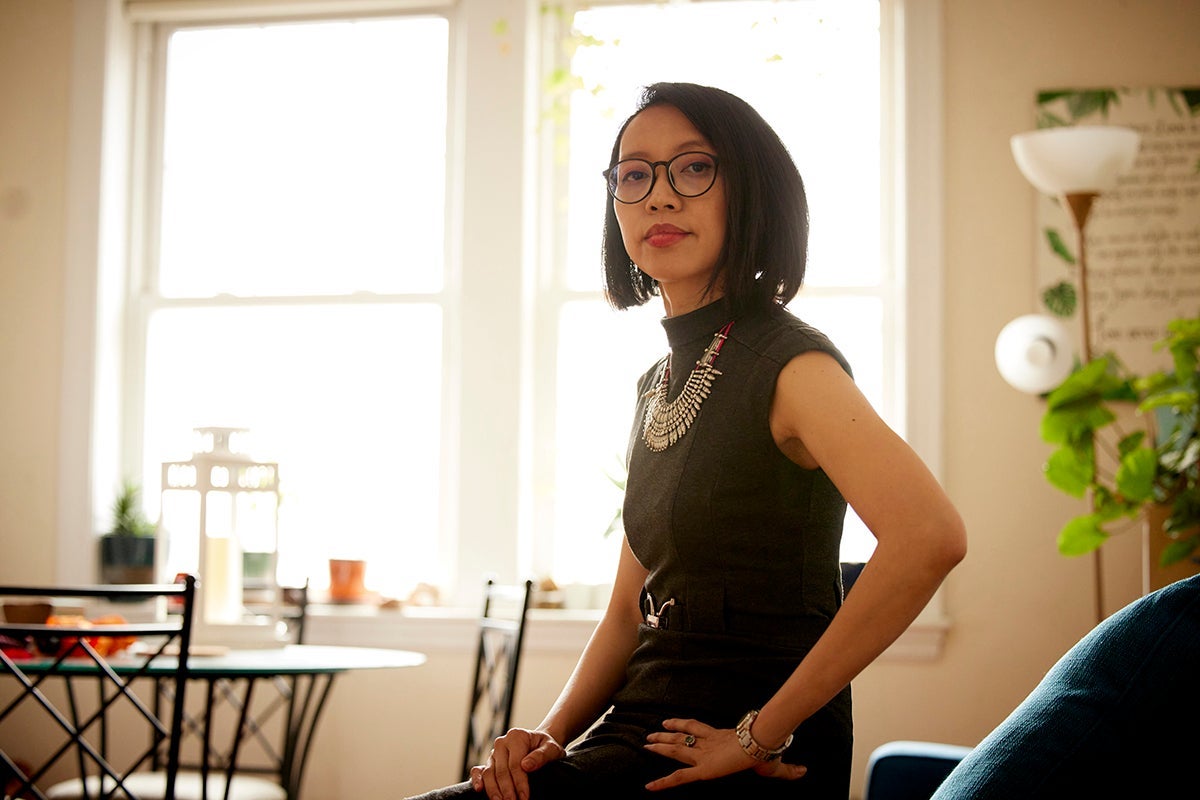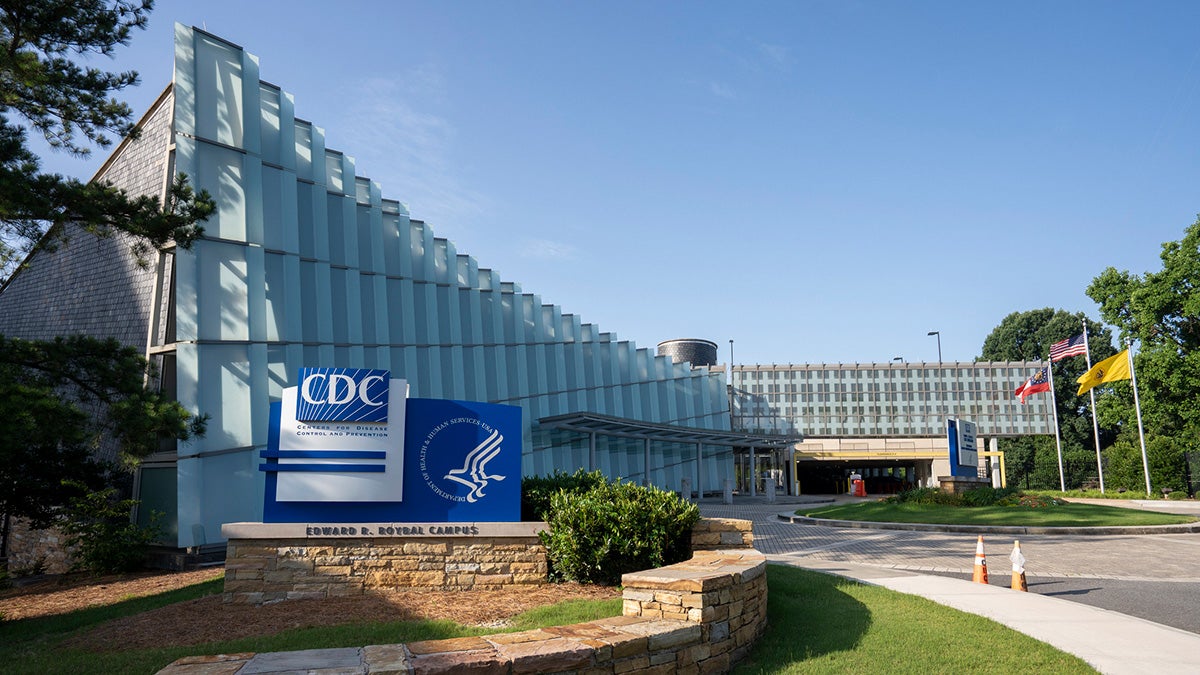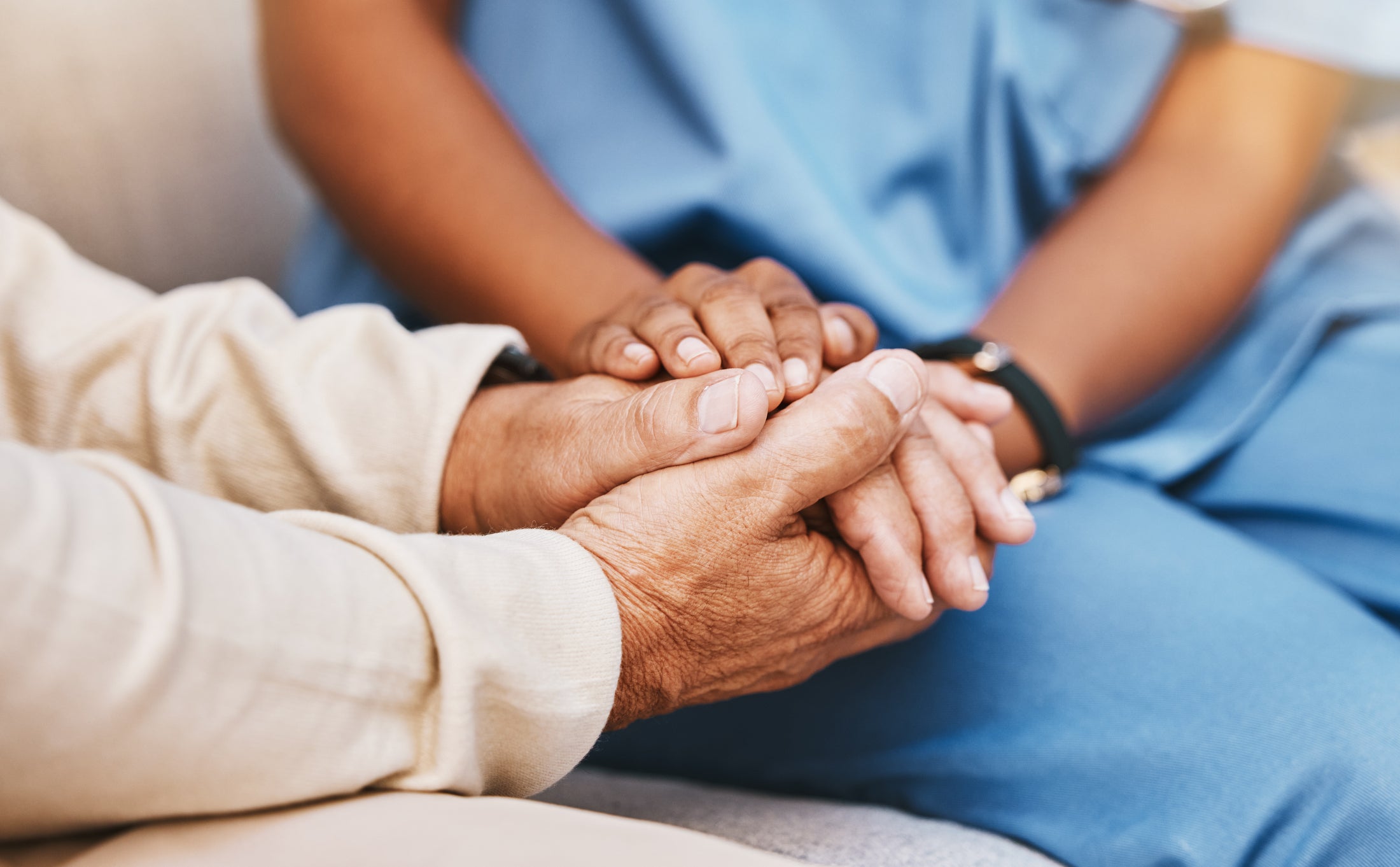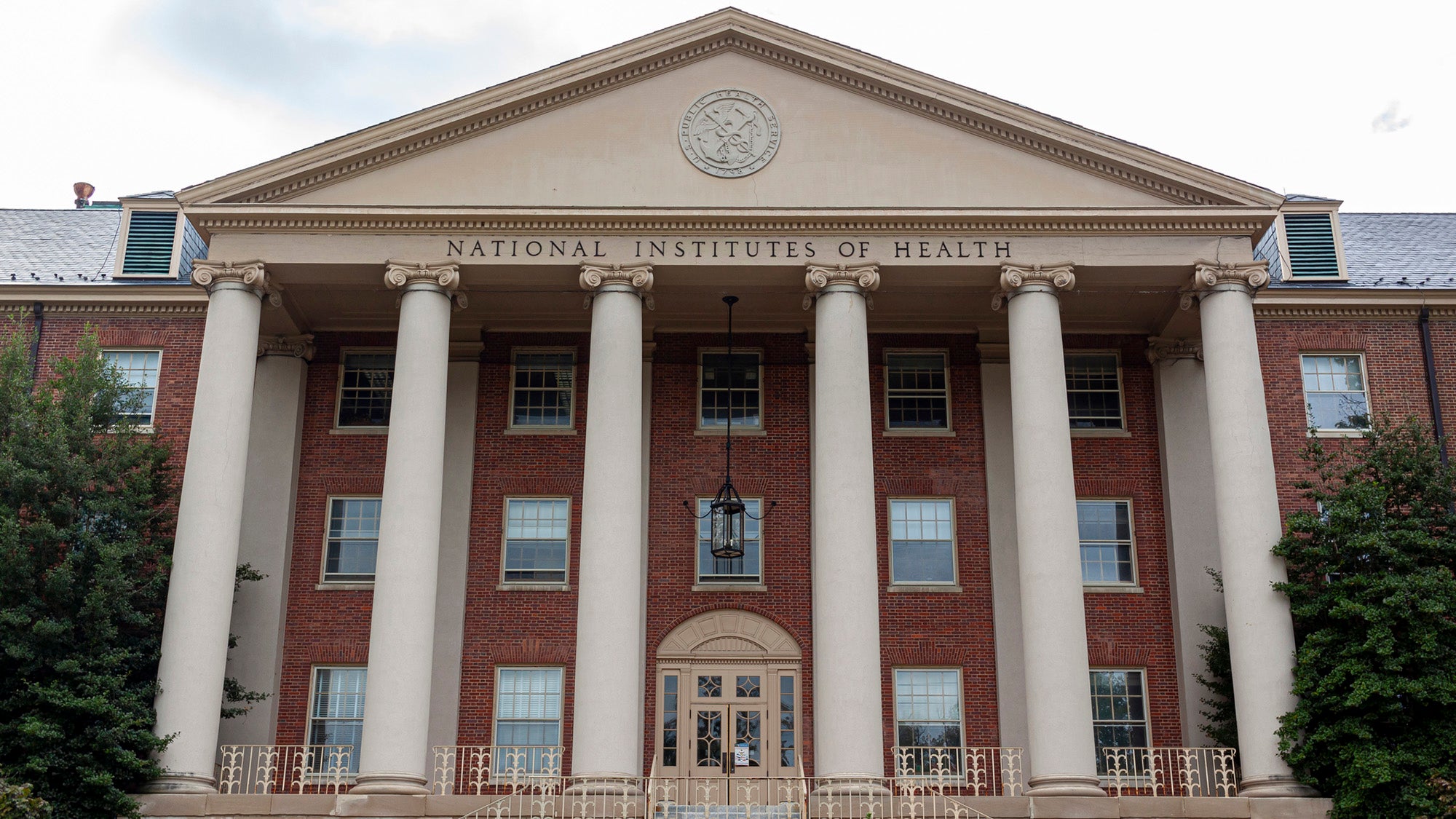A healer’s journey

Lin Abdul Rahman, DrPH ’24, has spent a career advocating for children who have suffered sexual abuse—even as she has healed from her own childhood trauma
January 30, 2023 – In 2014, Eirliani (“Lin”) Abdul Rahman woke up one morning with an audacious idea: She would ski to the North Pole.
She was wrapping up a three-year posting to India as a diplomat for Singapore and embarking on a new career as an advocate against human trafficking and child sexual abuse. “The media likes a kooky idea, right?” she said. “They’d have to ask why a diplomat from a tropical island would ski to the North Pole. And then I would get to tell my story.”
Abdul Rahman has been telling her story in passionate and surprising ways—and along with it the story of other survivors of sexual abuse and trafficking—to draw international attention to the issue. Her efforts have led to viral video campaigns seen by millions of viewers online as a volunteer with Nobel Peace Prize laureate Kailash Satyarthi’s nonprofit, two books on the topic, the founding of her own advocacy group for survivors, and a meeting last fall at the Vatican with the Pope for the inaugural World Day for the Prevention and Healing from Child Sexual Exploitation, Abuse, and Violence.
As a doctoral student at Harvard T.H. Chan School of Public Health, Abdul Rahman is now conducting research on the way that child trafficking is reported and handled by authorities, focusing on the thorny issues around consent. “When we rescue children, we ask where they want to go. They often want to return to their caregivers,” she said. Unfortunately, those same caregivers sometimes perpetrate the abuse, and re-traffic the children. “Children’s voices need to be heard. Could we develop a concept of consent based on a child’s evolving capabilities?” asked Abdul Rahman, a Prajna Leadership and Julio Frenk DrPH Fellow at Harvard Chan School.
In another strain of her research, she is examining principles of “informed consent” around conducting research on child trafficking itself. Sometimes a survivor may consent to their information being used in a dataset in one context, but then that anonymized data may be used with other datasets such that the survivor becomes identifiable. “We need to understand the ramifications of consent-related issues so that we don’t continue the oppression and injustice done to child survivors,” Abdul Rahman said.
Richard Siegrist, faculty director of Harvard Chan School’s DrPH program, said that Abdul Rahman exemplifies DrPH students’ dedication to public health advocacy. “Her extensive writing and speaking on child sexual abuse, women’s empowerment, and misinformation have influenced the narrative,” he said. “I am especially impressed by her willingness to defend her public health ideals in challenging situations.”
Giving voice to the voiceless
Abdul Rahman is herself a survivor of child sexual abuse, committed by someone close to her when she was a child. She recounted her experience under a pseudonym in her 2021 book, “The Years of Forgetting,” which was nominated for the Singapore Literature Prize. When she was 17, she saw a documentary on dowry burnings, a practice in India in which a bride is burned to death by her husband’s family for insufficient dowry. It sparked something in her. “I vowed then that I would give a voice to the voiceless,” she said.
After a decade in Singapore’s foreign service, with postings to Berlin and New Delhi, she got her chance when she began volunteering for Satyarthi, a long-time campaigner against child exploitation. Abdul Rahman ran a campaign and helped produce a video about the topic that went viral on social media, reaching 18 million viewers in six weeks. It led to her becoming a founding member of Twitter’s Trust and Safety Council to help with online protection for children. She later founded her own nonprofit, YAKIN (Youth, Adult survivors & Kin in Need), and co-authored the 2017 book “Survivors: Breaking the Silence on Child Sexual Abuse,” which featured her interviews with 12 men and women who had been abused.
When Abdul Rahman decided to ski to the North Pole, she had never skied before. So she connected with several national-level skiers and trained in Steamboat Springs, Colorado, from January 2017 to February 2020, while continuing her work against child exploitation. “I picked it up quite quickly, and now I love it so much,” she said. She became the first Singaporean to circumnavigate the frozen Frobisher Bay in Canada and had planned to ski to the North Pole from Russia, but the COVID-19 pandemic and Russia’s war against Ukraine forced her to put her dreams on hold—for now.
This past December, Abdul Rahman made global headlines when she and several other members resigned from Twitter’s Trust and Safety Council shortly after Elon Musk took control of the company. They had been alarmed by the meteoric rise in hate speech on the platform. “For me, it was untenable—I couldn’t in full conscience remain on the council,” she said. She spoke out against the changes at Twitter, including in a December 12, 2022, interview on NPR. That same day, Musk dissolved the council entirely.
In more positive news, Abdul Rahman was part of the survivor-led coalition, the Global Collaborative (GC), that lobbied the United Nations to establish the World Day for the Prevention and Healing from Child Sexual Exploitation, Abuse, and Violence. The GC was founded by Jennifer Wortham, a research associate in Harvard’s Human Flourishing Program, led by Tyler VanderWeele, John L. Loeb and Frances Lehman Loeb Professor of Epidemiology at Harvard Chan School. Abdul Rahman was part of a panel discussion on the new World Day on November 18 at the Vatican, and the next day had a private audience with the Pope, wearing her grandmother’s ring as a source of strength.
“She was a feminist and a force for good in our family,” she said. “It was incredibly moving for me to carry her spirit with me.” For Abdul Rahman, the moment was a sign of how far she’d come in healing from her own past, as a woman of color and first-generation college student now earning a doctoral degree at Harvard. “I hope that just being me and being vocal,” she said, “will allow other children who come after me to have a voice as well.”
Photo: Kent Dayton


